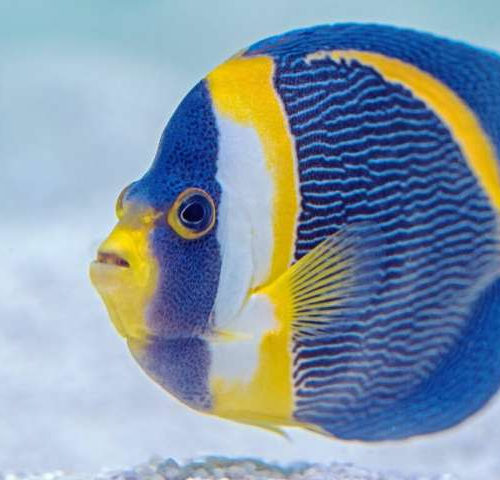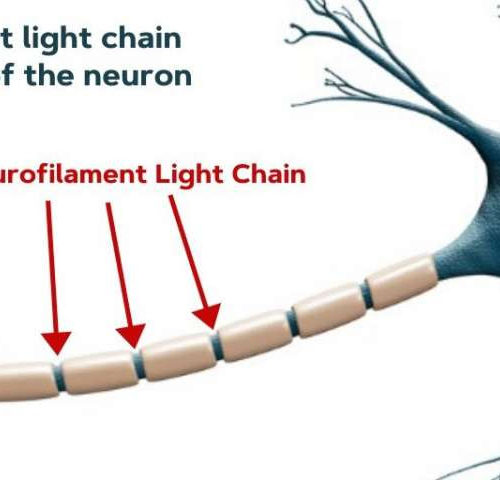by American Academy of Neurology Older women who eat more than one to two servings a week of baked or broiled fish or shellfish may consume enough omega-3 fatty acids to counteract the effects of air pollution on the brain, according to a new study published in the July 15, 2020, online issue of Neurology,...
Tag: <span>Neurology</span>
Blood-based biomarker can detect, predict severity of traumatic brain injury
by National Institutes of Health A study from the National Institutes of Health confirms that neurofilament light chain as a blood biomarker can detect brain injury and predict recovery in multiple groups, including professional hockey players with acute or chronic concussions and clinic-based patients with mild, moderate, or severe traumatic brain injury. The research was...
COVID-19 can cause a rare and potentially lethal brain inflammation
The second wave of COVID-19 is slowly emerging and countries have to be prepared. However, this is still a fairly new disease, which scientists are still trying to figure out. Now researchers at UCL found that COVID-19 can have neurological complications, which include delirium, brain inflammation, stroke and nerve damage. Scientists looked through the cases...
Silencing of an ALS gene safely delivered to patients in new study
by Jim Fessenden, University of Massachusetts Medical School UMass Medical School and Massachusetts General Hospital are the first to safely treat two research participants with a synthetic microRNA, delivered into the spinal fluid, designed to silence a human disease-causing gene. Details of the treatment, which targeted the mutant SOD1 gene that causes ALS, appear in...
Increase in delirium, rare brain inflammation and stroke linked to COVID-19
by University College London This transmission electron microscope image shows SARS-CoV-2 — also known as 2019-nCoV, the virus that causes COVID-19 — isolated from a patient in the US. Virus particles are shown emerging from the surface of cells cultured in the lab. The spikes on the outer edge of the virus particles give coronaviruses...
New insights from first clinical trial of potential treatment for motor neurone disease
by Rebecca Ferguson, University of Sheffield Results from a randomized clinical trial have shown that a potential new treatment can help control the immune response of patients with motor neuron disease (MND), which could reduce further damage in the brain and spinal cord. MND is the name for a group of diseases which affects the...
Neurological symptoms described in children with COVID-19
Children with COVID-19 may present with new neurological symptoms involving the central and peripheral nervous systems, and splenial changes on imaging, according to a study published online July 1 in JAMA Neurology. Omar Abdel-Mannan, M.D., from Great Ormond Street Hospital for Children in London, and colleagues reported neurological manifestations of children with COVID-19 in a...
Pilot study suggests Parkinson’s disease progression can be slowed
by Vanderbilt University Medical Center Deep Brain Stimulation (DBS) implanted in early stage Parkinson’s disease decreases the risk of disease progression and the need to prescribe multiple drugs to patients simultaneously, according to a five-year outcomes study of 30 patients released in the July 2020, issue of Neurology, the medical journal of the American Academy...
It’s not just Alzheimer’s disease: Research highlights form of dementia
by University of Kentucky The long-running study on aging and brain health at the University of Kentucky’s Sanders-Brown Center on Aging Alzheimer’s Disease Center has once again resulted in important new findings—highlighting a complex and under-recognized form of dementia. The work was recently published in the Journal of the American Medical Association (JAMA): Neurology. “One...
Repeated head impacts associated with later-life depression symptoms, worse cognitive function
by Boston University School of Medicine Scientists have long believed that a single traumatic brain injury (TBI) earlier in life may contribute to problems with memory, thinking and depression later in life. In most previous studies, however, research failed to examine the possible role of having a history of exposure to repetitive head impacts, including...










